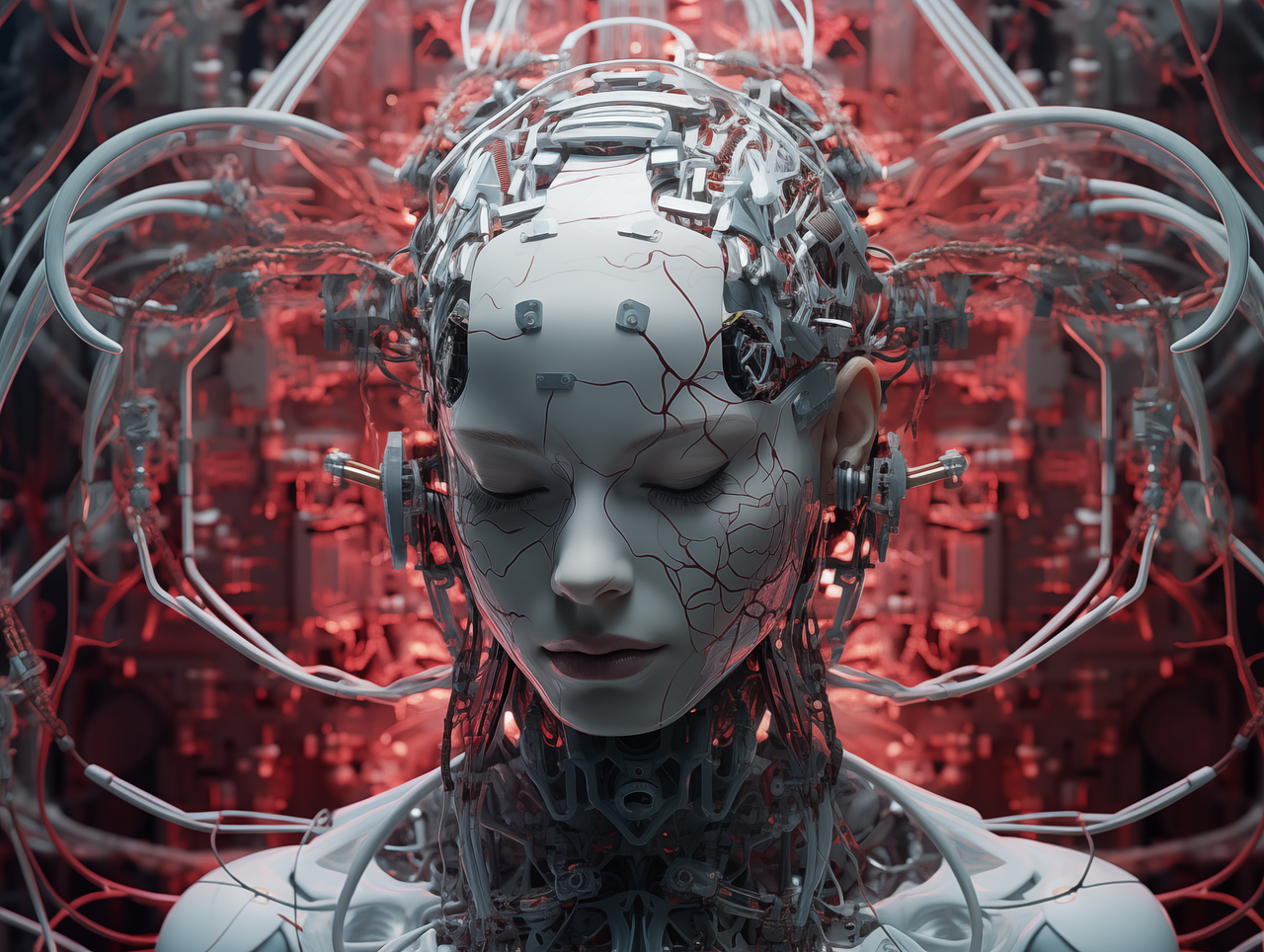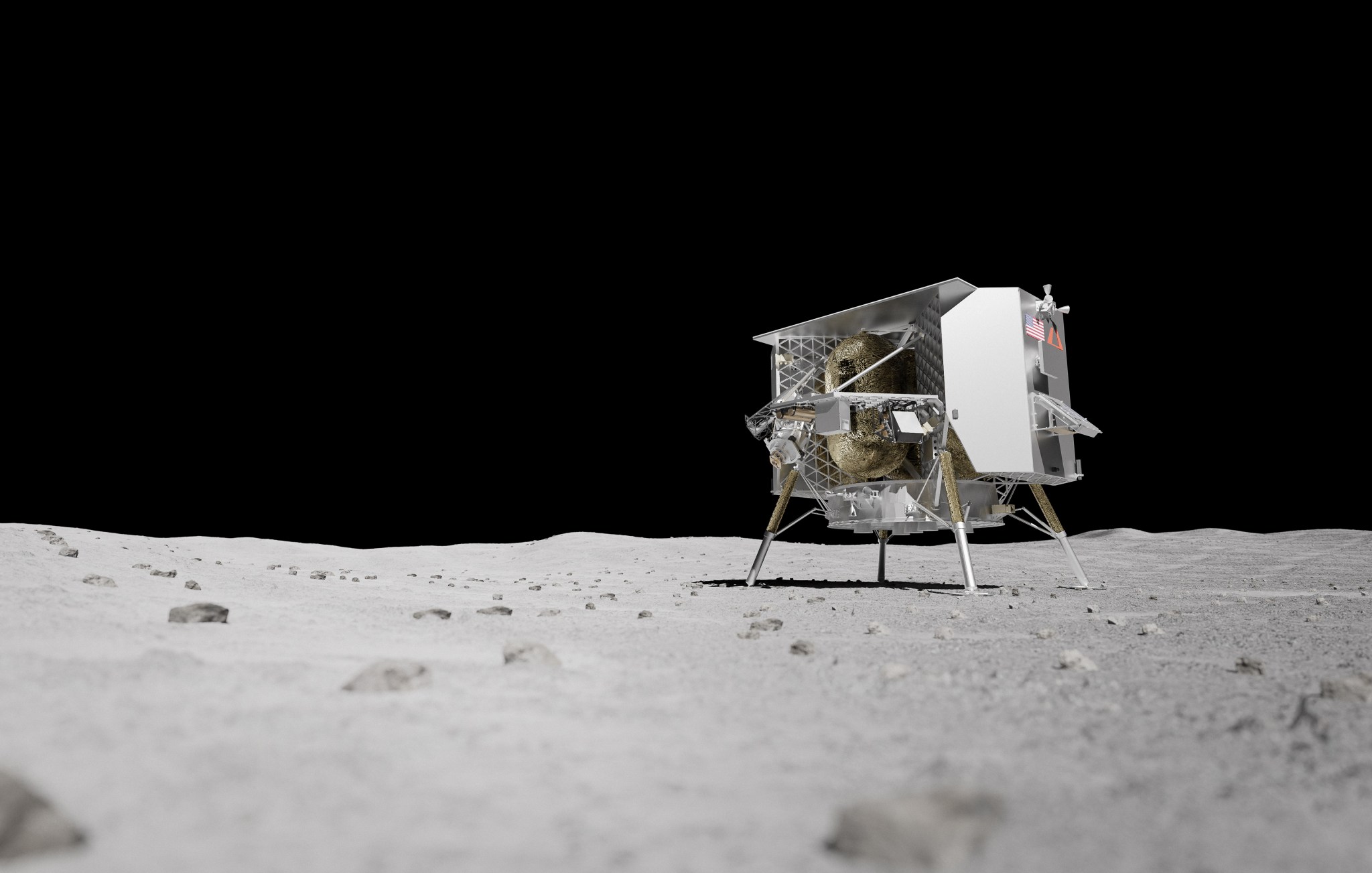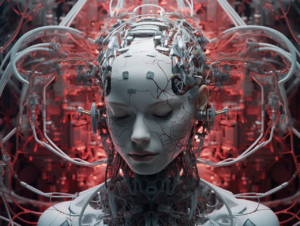
Embracing the pitfalls, the possibilities, the perils, and the promise
Artificial Intelligence (AI) has transitioned from the realms of science fiction to becoming an integral part of our daily lives. As we navigate the ever-evolving landscape of these new technologies, it’s crucial to acknowledge the concerns surrounding AI while also recognizing its immense potential to reshape our world for the better.
In recent years, people have generally fallen into three different camps: those who don’t trust AI and do their best to avoid it, those who have embraced it wholeheartedly, and those who fall somewhere in the middle — remaining hopeful but also retaining a healthy degree of skepticism.
While there are arguments for each perspective, the simple fact is that AI is here to stay. We are entering a new era and a new chapter in human history, whether we like it or not. Or, to be more accurate, we’re already there. So let’s talk about it. Let’s discuss the pitfalls, the possibilities, the perils, and the promise of entering into an entirely new age of human existence.
Over 3 million years ago, humanity began using stone tools, a development that might seem trivial by today’s standards. However, this evolutionary step redefined human beings as something unique relative to almost all other life on Earth. Roughly 5,000 years ago, humanity took the next big step, learning how to shape bronze into various tools. The Bronze Age came to an end with the beginning of the Iron Age, and so on. Each “Age” was defined by discoveries that transformed humankind by rendering the most advanced knowledge and tools of the previous generation obsolete.
The most recent of these significant steps forward was the advent of the Information Age, in which access to and control of information became the defining characteristic of modern human civilization. While the term “the Information Age” has been adequate for defining the modern era for the past several decades, the invention of artificial intelligence systems and their proliferation has arguably catapulted human civilization forward into an entirely new era: “The AI Age.”
This new “AI Age” could be defined as the point in human history where human beings began using machines to mimic human reasoning and cognitive functions in how they operate and solve problems, often at much faster rates than humans can on their own. Of course, the history of humanity itself is an infinitely mixed bag, filled with every great accomplishment and every evil deed ever executed. Consequently, it’s not unreasonable for there to be a wide variety of hopes and fears related to getting machines to think similarly to ourselves.
The worst fears related to AI usually reflect things we’ve seen in film, such as the apocalyptic future portrayed in the Terminator movies where AI achieves sentience and declares all-out war on humanity. The fear of losing control to machines in this way is deeply rooted in AI discussions for a number of fairly obvious reasons. However, it’s crucial to emphasize that AI is a tool created and directed by humans. Responsible development and stringent oversight can at the very least mitigate the risks associated with the loss of control, ensuring that AI serves humanity rather than the other way around. Setting aside concerns about humanity’s greatest creation evolving into our greatest enemy, there are legitimate concerns about the overall impact that artificial intelligence will have on our society.
Chief among these concerns is the fear of widespread job displacement. The rise of automation in various industries raises questions about the future of employment and how that will impact our society going forward. While it’s true that certain jobs may evolve or be automated, history has shown that technological advancements often create new opportunities, and the key lies in adapting our workforce through education and reskilling programs.
In an ideal scenario, the development of artificial intelligence should focus on finding ways to replace human labor in dangerous, menial, and repetitive lines of work, freeing up human beings to focus on more enjoyable and rewarding professions, such as the creation of art, literature, and music.
However, it’s also important to note that, as of now, much of the artificial intelligence accessible to the public has produced almost the exact opposite consequence. One example of how AI is threatening people’s livelihoods is the impact that AI has had on artists and creators. In the past half-decade, the invention of AI art generators capable of creating images and video in mere seconds for little cost has significantly disrupted the ability of human artists to justify the cost or expense of their profession and labor. As it’s unlikely these art generators are going to disappear now that they do exist, artists are ultimately going to have to adapt to this new reality. For those artists who learn to embrace AI as a tool to help them in the development of their own work and don’t resign themselves to the notion that AI has rendered their own creativity obsolete, this presents an extraordinary new opportunity.
Ethical concerns surrounding AI, such as biased algorithms and potential misuse, are also valid. Acknowledging these concerns is essential in developing responsible AI systems. Strides are being made to establish ethical guidelines, ensuring that AI is developed and used in a manner consistent with our values and principles.
While all these concerns will need to be addressed as we embark into this new era, it’s critically important to acknowledge the immense potential that artificial intelligence poses in building a more utopian future.
One of the most compelling aspects of AI lies in its potential to address humanity’s most pressing challenges. From climate change to resource depletion, AI can analyze vast datasets, model complex systems, and propose innovative solutions. Machine learning algorithms can contribute to optimizing resource usage, predicting environmental changes, and developing sustainable practices.
In the realm of healthcare, AI is already proving to be a game-changer. Machine learning algorithms can analyze medical data at a scale that was once unimaginable. This capacity accelerates drug discovery, improves diagnostics, and enhances personalized medicine, ultimately leading to more effective treatments and a healthier global population.
AI also has the potential to revolutionize education by personalizing learning experiences. Adaptive learning platforms powered by AI can cater to individual needs, providing tailored educational content and identifying areas for improvement. This not only improves learning outcomes but also makes education more accessible and inclusive.
While it’s essential to address legitimate concerns about AI, the overwhelming potential for the positive impact it will have for all of us, both as individuals and also collectively, cannot be overlooked. The trajectory of AI development is firmly set, and our collective responsibility is to guide its evolution both ethically and responsibly.
International collaborations and partnerships among governments, industries, and academia are essential in establishing frameworks that govern AI development. Shared principles can ensure that AI technologies are developed with a global perspective, fostering transparency, fairness, and accountability.
Investing in education and promoting ethical AI practices are crucial components of preparing society for the AI era. By nurturing a workforce equipped with AI literacy and ethical considerations, we can navigate the challenges and opportunities that AI presents.
The true potential of AI lies in collaboration with humans. AI systems complement human capabilities, offering insights, efficiency, and innovation. The symbiotic relationship between humans and AI can unlock solutions to complex problems, driving progress and prosperity. Consequently, there’s a strong argument to be made that the era of AI is not some dystopian future but a transformative present. Addressing concerns is vital, but it’s equally important to recognize the immense potential AI holds in shaping a brighter future for humanity. By approaching AI development with responsibility, collaboration, and an unwavering focus on ensuring it has a positive impact in every arena, we can harness its power to save humanity from many of our greatest challenges. The journey ahead is one of optimism and collective determination, embracing the limitless possibilities that AI brings to the forefront of human progress.
Image by Alexandra_Koch from Pixabay





